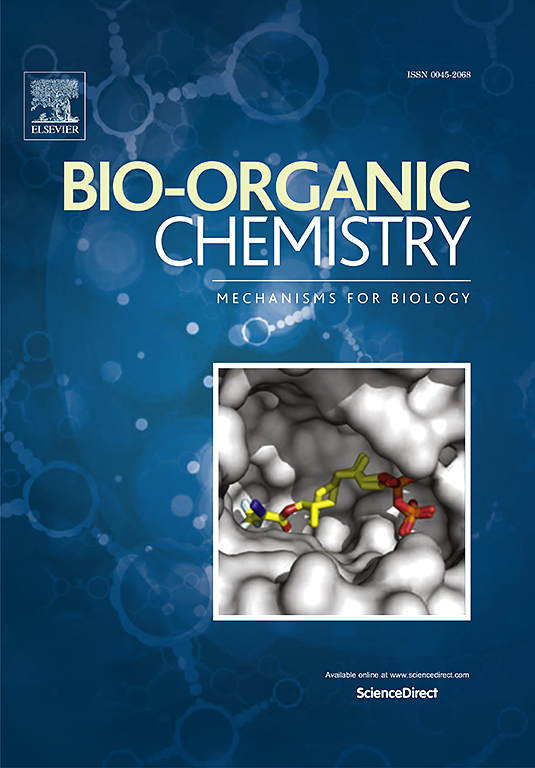Coccinic acid exhibits anti-tumor efficacy against NSCLC harboring EGFR L858R/T790M mutation via the EGFR/STAT3 pathway
Abstract
Epidermal growth factor receptor (EGFR) is a starring target for the treatment of non-small cell lung cancer (NSCLC). EGFR tyrosine kinase inhibitors (EGFR-TKIs) have been used to treat NSCLC patients with EGFR-activating mutations. However, most patients invariably develop resistance to these agents due to the occurrence of novel mutations at the EGFR kinase domain. There is an urgent need to develop more effective therapy strategies to provide more selection for patients with NSCLC. Coccinic acid was reported to exerts potential anti-tumor effects, but its mechanism has not been elucidated and warrants investigation. In this study, coccinic acid was shown to inhibit cell proliferation on cells harboring L858R/T790M mutant EGFR by suppressing p-EGFR and p-STAT3. It was also shown that coccinic acid promoted cell cycle distribution and showed a potent apoptosis-inducing efficacy. Further results in vivo assays demonstrated that coccinic acid reduced tumor growth of NCI-H1975 xenograft in nude mice via the EGFR/STAT3 signaling. Moreover, these effects are involving in the binding of coccinic acid to the EGFR extracellular domain. In conclusion, our finding demonstrated that coccinic acid may be utilized as a potential novel candidate for NSCLC with EGFR L858R/T790M mutation.





